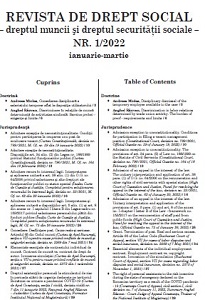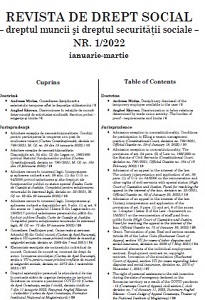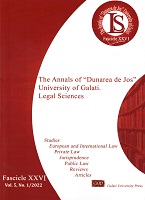
Barriers to Law Enforcement Responsive to the Interests of Victims: A Study on the Practice of Justice for Violent Crimes in the Jurisdiction of Class IA Kupang District Court
The aim is to identify the barriers to the enforcement of laws against violent crimes that are responsive to the interests of victims of violent crimes.This research method falls within the specification of empirical legal research/sociological-juridical studies because it is viewed from the perspective of the legal function to protect societal interests. For primary data collection, field research (field interview) was conducted, using a questionnaire as an interview guide, and document study was carried out using a document form as a tool. The collected data were processed procedurally following the processing steps: editing, coding, and tabulation. They were then analyzed qualitatively and further elaborated descriptively.The research results have identified the barriers to the enforcement of laws that are responsive to the interests of victims of violent crimes: the factor of criminal sanctions for violent crimes that do not accommodate the interests of victims of violence; the factor of victims' inability to participate in claiming compensation; the factor of law enforcement bias towards legal certainty aspects, disregarding actions for victim recovery; and the factor of the defendant's economic incapacity to compensate the victim.
More...





